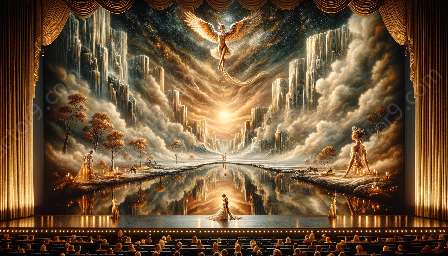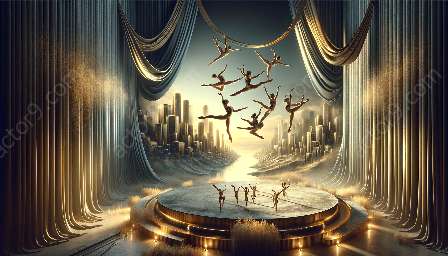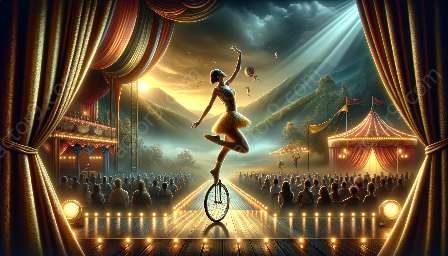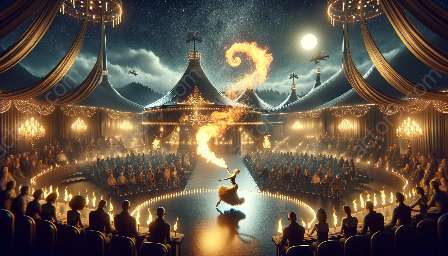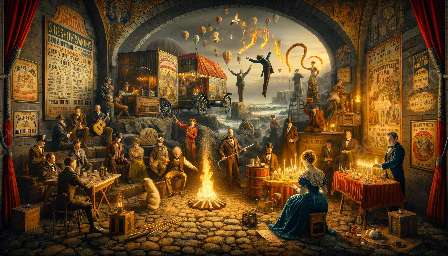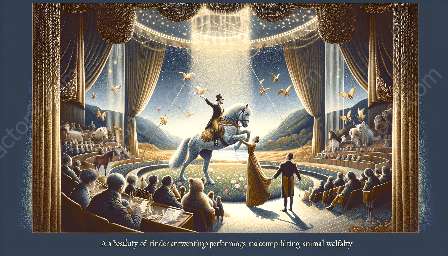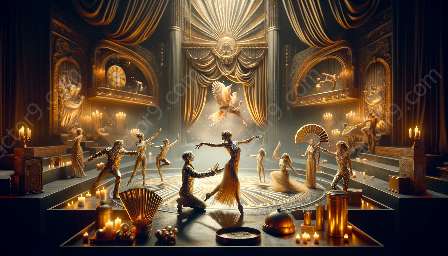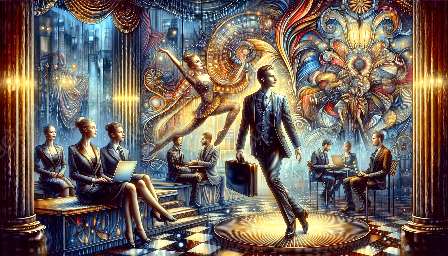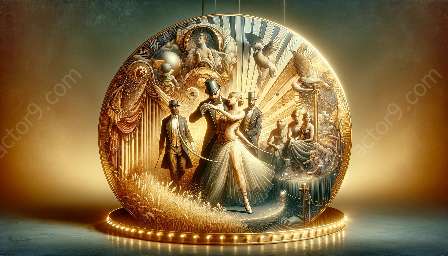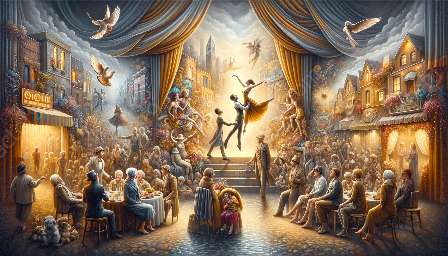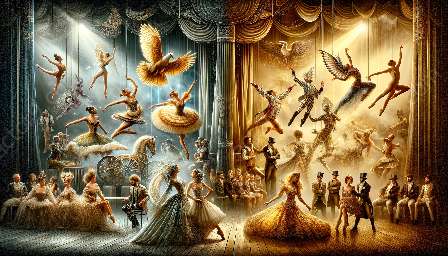Circus performances are a unique blend of awe-inspiring acts, breathtaking stunts, and captivating music. Behind the scenes, the role of a musical director is essential in creating the perfect sonic backdrop for the mesmerizing feats of the circus arts. This comprehensive guide explores the responsibilities of a musical director in the context of circus productions, highlighting the significance of music in enhancing the overall experience for both performers and audiences.
The Role of Music in Circus Performances
Before delving into the specific responsibilities of a musical director in circus productions, it is crucial to understand the vital role of music in shaping the atmosphere and emotional impact of circus performances. Music serves as a powerful tool that can elevate the visual spectacle and synchronize the movements of performers, creating a cohesive and immersive experience for spectators.
Enhancing the Circus Arts through Music
The circus arts encompass a wide range of disciplines, including acrobatics, aerial acts, clowning, and more. Music plays a crucial part in enhancing these performances by setting the tempo, establishing mood, and accentuating the dramatic moments. A talented musical director brings an understanding of various musical genres and styles, allowing them to tailor the soundtrack to different acts and establish a seamless connection between the visuals and the auditory experience.
Responsibilities of a Musical Director
The responsibilities of a musical director in circus productions are multifaceted and demanding, requiring a combination of artistic vision, technical expertise, and collaboration with performers and production teams. Key responsibilities include:
- Creating Original Compositions and Arrangements: A musical director may be tasked with composing original music or arranging existing pieces to suit the specific requirements of various circus acts. This involves a deep understanding of musical theory, instrumentation, and the ability to translate the emotions and energy of each act into a compelling musical score.
- Coordinating Sound Design and Production: In collaboration with sound engineers and production teams, the musical director oversees the technical aspects of sound design, including the use of microphones, amplification, and audio effects. They ensure that the music seamlessly integrates with the overall soundscapes of the circus performance, achieving optimal balance and clarity.
- Conducting Rehearsals and Collaborating with Performers: The musical director works closely with circus performers to synchronize their movements and timing with the music. Rehearsals are essential for achieving perfect coordination between the live action and the musical accompaniment, requiring clear communication, adaptability, and a keen eye for the details of each performance.
- Adapting Music to Evolving Acts: Circus productions often evolve over time, with new acts being introduced and existing ones refined. The musical director must be capable of adapting the music to align with these changes, ensuring that the soundtrack enhances the narrative and energy of the entire performance.
- Overseeing Live Performances: During live shows, the musical director is responsible for leading the accompanying musicians or orchestras, ensuring that the music is performed with precision and synchronicity. They maintain a strong sense of timing and dynamics, providing cues to the performers and maintaining a cohesive musical flow throughout the production.
Collaborative Efforts and Artistic Vision
It is important to emphasize that the role of a musical director in circus productions goes beyond technical prowess. Effective collaboration with directors, choreographers, and other creative professionals is essential for creating a harmonious and impactful performance. The musical director's artistic vision helps to unify the various elements of the circus production, elevating the overall artistic quality and emotional resonance of the experience.
In Conclusion
The responsibilities of a musical director in circus productions encompass a blend of technical expertise, artistic interpretation, and collaborative spirit. By shaping the sonic landscape of circus performances, musical directors contribute significantly to the immersive and emotive experiences that captivate audiences and elevate the circus arts as a dynamic and expressive form of entertainment.


